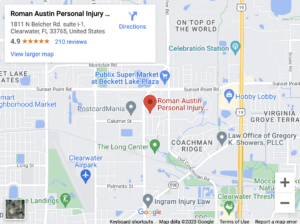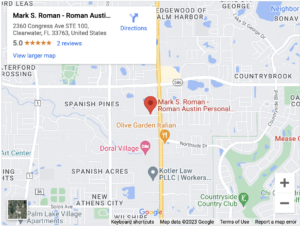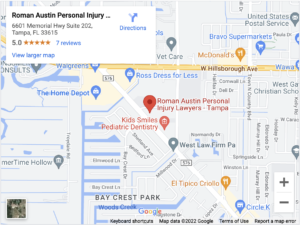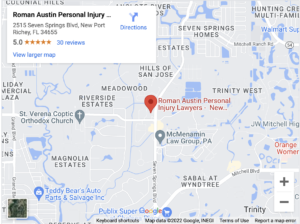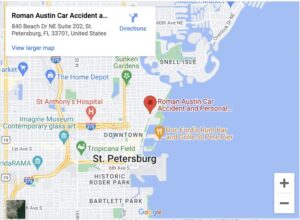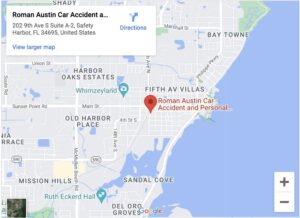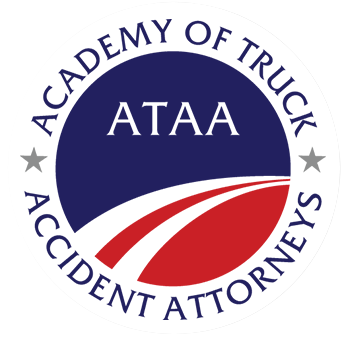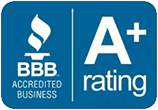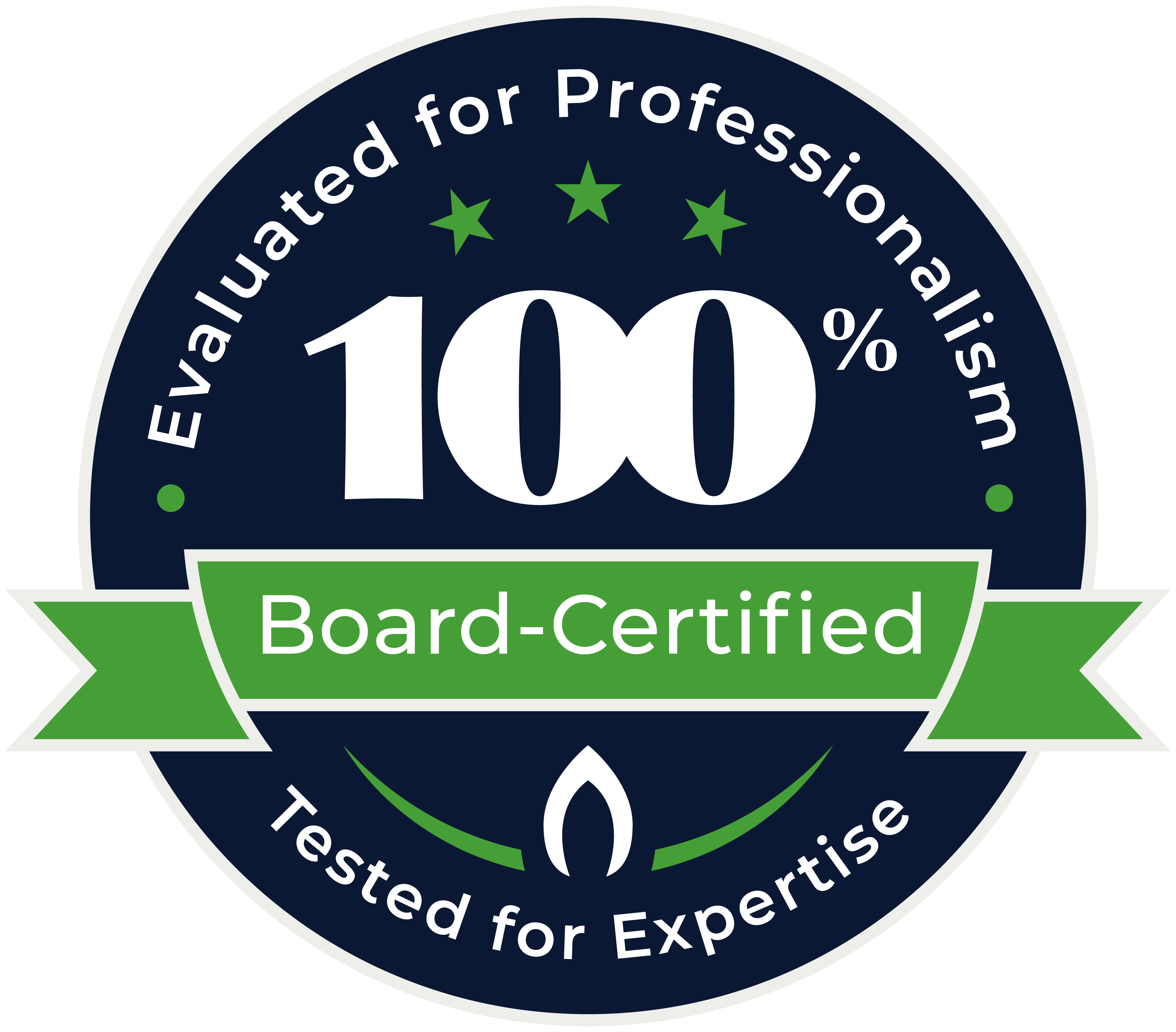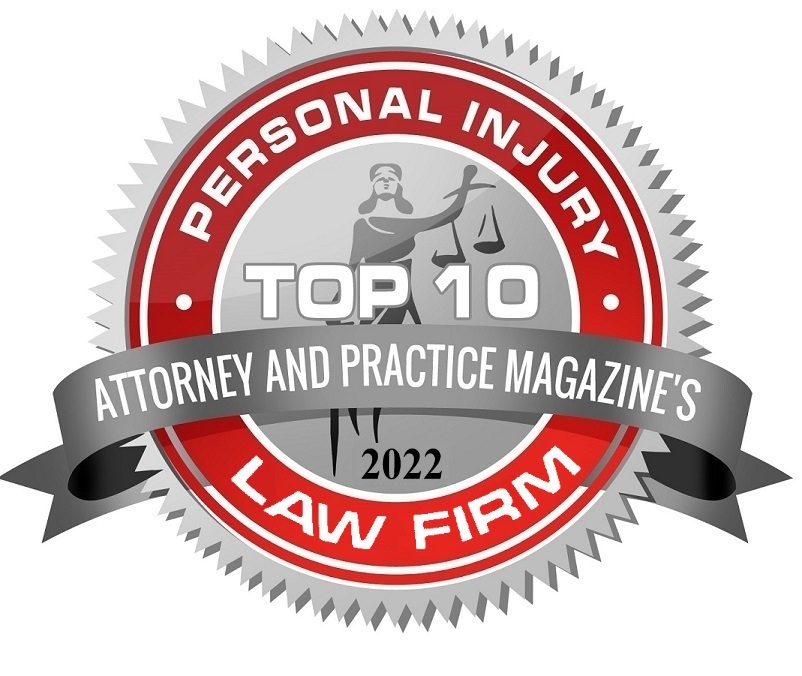Is It a Mistake to Admit Fault After a Car Accident in Clearwater?
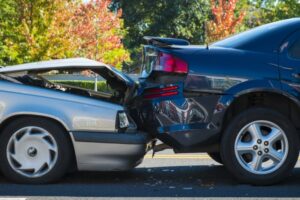
You may have heard the advice not to admit fault after a car accident, but you might wonder why this is the case. Admissions of fault can make or break a car accident case in Clearwater, Florida.
Understanding why it is a mistake to admit fault after a car accident in Clearwater can help you avoid making critical errors in your case.
Why Fault Matters in a Car Accident in Clearwater
Since Florida is a no-fault state for car accidents, you might wonder why fault should matter at all. After all, you turn to your Personal Injury Protection (PIP) after an accident, regardless of fault.
However, your PIP only provides limited benefits up to $10,000, which breaks down to:
- Up to 80% of all reasonable and necessary medical expenses
- Up to 60% of lost wages
- Costs for replacement services the victim reasonably incurs for services they normally would have been able to provide had the injuries not occurred
There are specific rules regarding the type of care the victim must receive, when they receive it, and documentation requirements to obtain the full amount of benefits.
If you suffered a severe injury as defined under Florida law, you could receive compensation for the full extent of your injuries by filing a claim against the at-fault party.
Depending on the circumstances, your claim against the at-fault party could include:
- The full cost of incurred medical expenses
- Anticipated future medical expenses
- The full amount of lost wages, employment benefits, and replacement services
- Reductions in long-term earning capacity
- Disability
- Permanent scarring or disfigurement
- Costs to repair or replace your damaged vehicle
- Pain and suffering
- Mental distress
- Loss of enjoyment of life
To obtain this full range of benefits, you will need to prove the other driver was at fault for the accident.
Your Statements Could Be Used Against You
If you are concerned about recovering compensation for your accident claim, admitting fault will only worsen matters. Not only can you potentially derail your own claim, you could also be putting yourself on the hook for the other driver’s claim.
Generally, the statements you make when you are not sworn to testify honestly are considered hearsay and cannot be introduced at trial. However, there are exceptions to this rule. One of them is when you make a statement against your own interests. In this case, you are saying something that could harm your case and be used against you, and you might face personal liability for the accident.
Admitting fault could also mean that the insurance company denies your claim altogether. Insurance companies are for-profit companies that will use any reason to justify denying your claim. Admitting fault gives them a perfect excuse to deny yours. Under Florida’s modified comparative negligence rule, you can be barred from recovering any compensation for your claim if you are found 51% or more at fault for the accident.
The Value of Your Claim Could Be Reduced
Even if your apology or admission of fault does not serve to bar your recovery completely, you could reduce the value of your claim by admitting fault. Florida uses a modified comparative fault system when a plaintiff contributes to their own injuries. Under this system, a plaintiff’s compensation is reduced by their degree of fault. So, if you are found 25% at fault for an accident, your damages could be reduced by 25%.
You Don’t Know All The Facts
Even if you think you might have known how the accident happened, you may not be aware of all of the factors. Motor vehicle accidents often involve complex dynamics. Car features, weather, road conditions, and other factors can all come into play during an automotive accident.
The answers to the following questions could impact liability for the accident:
- Was the other driver drunk, drugged, or tired at the time of the accident?
- Was the traffic light defective?
- Was the road missing necessary signage?
- Was the other driver texting or using their cell phone at the time of the accident?
- Did a mechanical failure contribute to the accident, such as the other driver’s brakes failing?
- Was a defective auto part involved in the accident, such as something that compromised braking or caused the vehicle to inadvertently accelerate?
- Did someone else’s negligence contribute to the accident, such as another motorist, a pedestrian, or a cyclist?
You likely do not have the answers to all of these questions. You simply cannot possibly know every possible factor involved in the case. This is why it is usually better not to admit fault after an accident. Instead, contact an experienced car accident lawyer and let them conduct an investigation to get to the bottom of the accident.
Other Things to Avoid During Your Car Accident Claim
In addition to avoiding saying “I’m sorry,” “I apologize,” or anything else that implies you are to blame for the accident, avoid the following:
- Agreeing to give a recorded statement to the insurance company, which is generally only used to try to find something to use against you
- Signing a medical release form the insurance company sends you so that the insurance company can blame your injuries on an unrelated pre-existing condition
- Posting about your accident on social media
- Agreeing to a lowball settlement offer
You can avoid these common pitfalls by working closely with an experienced car accident lawyer.
Contact an Experienced Clearwater Car Accident Lawyer For Help
If you would like further information or advice about your case, reach out to Roman Austin Personal Injury Lawyers for help. We provide a free, no-obligation evaluation in which we can review the specific information about your case and explain how we can help with your claim. Call us today at (727) 787-2500 to get started.

